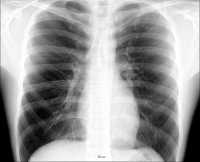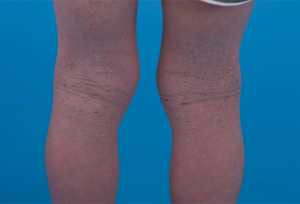Author Interviews, Heart Disease / 20.12.2019
Variation and Disparities in Awareness of Myocardial Infarction Symptoms
MedicalResearch.com Interview with:
Shiwani Mahajan, MBBS
Postdoctoral Associate
Yale/YNHH Center for Outcomes Research and Evaluation (CORE)
New Haven, CT 06510
MedicalResearch.com: What is the background for this study?
Response: Although the mortality rates among patients hospitalized for myocardial infarction (MI) have seen a decreasing trend, patients with MI continue to have a delayed presentation to the hospital and a large number of them die before reaching the hospital. One critical aspect of lowering mortality associated with MI is ensuring timely access to lifesaving emergency cardiac care, for which prompt recognition of symptoms of a MI and appropriate rapid emergency response are crucial. As such, in this study, we used nationally representative data to estimate awareness of 5 common symptoms of a MI (including chest pain or discomfort; shortness of breath; pain or discomfort in arms or shoulders; feeling weak or lightheaded; and jaw or neck or back pain), and the appropriate response to a MI (i.e. calling emergency medical services), among adults in the US. (more…)






























